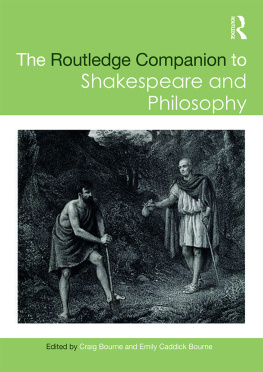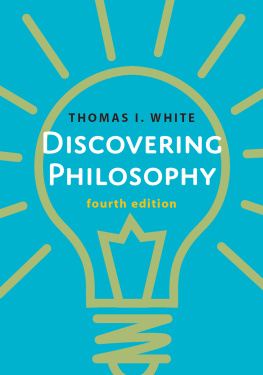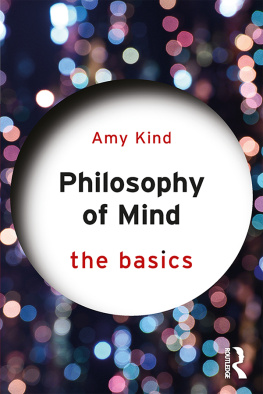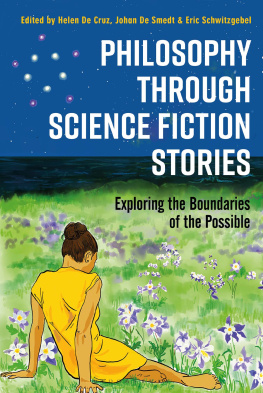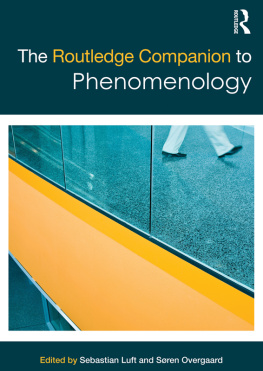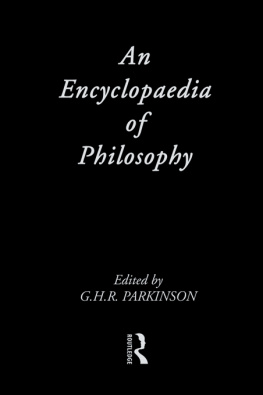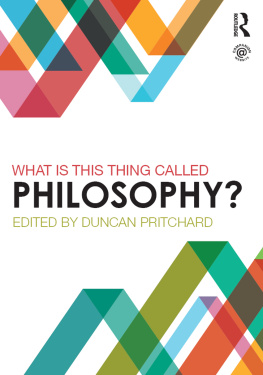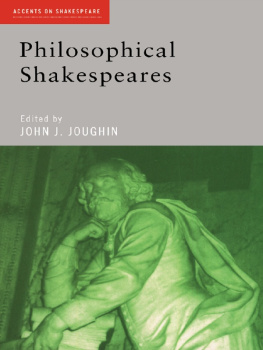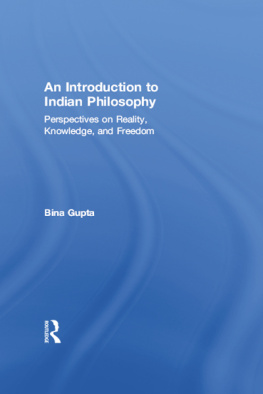
THE ROUTLEDGE COMPANION TO SHAKESPEARE AND PHILOSOPHY
Iagos I am not what I am epitomises how Shakespeares work is rich in philosophy, from issues of deception and moral deviance to those concerning the complex nature of the self, the notions of being and identity and the possibility or impossibility of self-knowledge and knowledge of others. Shakespeares plays and poems address subjects including ethics, epistemology, metaphysics, philosophy of mind, and social and political philosophy. They also raise major philosophical questions about the nature of theatre, literature, tragedy, representation and fiction.
The Routledge Companion to Shakespeare and Philosophy is the first major guide and reference source to Shakespeare and philosophy. It examines the following important topics:
What roles can be played in an approach to Shakespeare by drawing on philosophical frameworks and the work of philosophers?
What can philosophical theories of meaning and communication show about the dynamics of Shakespearean interactions and vice versa?
How are notions such as political and social obligation, justice, equality, love, agency and the ethics of interpersonal relationships demonstrated in Shakespeares works?
What do the plays and poems invite us to say about the nature of knowledge, belief, doubt, deception and epistemic responsibility?
How can the ways in which Shakespeares characters behave illuminate existential issues concerning meaning, absurdity, death and nothingness?
What might Shakespeares characters and their actions show about the nature of the self, the mind and the identity of individuals?
How can Shakespeares works inform philosophical approaches to notions such as beauty, humour, horror and tragedy?
How do Shakespeares works illuminate philosophical questions about the nature of fiction, the attitudes and expectations involved in engagement with theatre, and the role of acting and actors in creating representations?
The Routledge Companion to Shakespeare and Philosophy is essential reading for students and researchers in aesthetics, philosophy of literature and philosophy of theatre, as well as those exploring Shakespeare in disciplines such as literature and theatre and drama studies. It is also relevant reading for those in areas of philosophy such as ethics, epistemology and philosophy of language.
Craig Bourne is Reader in Philosophy at the University of Hertfordshire, UK. He works mainly on metaphysics, philosophy of language and aesthetics. His books include A Future for Presentism (2006) and Time in Fiction (co-authored with Emily Caddick Bourne, 2016).
Emily Caddick Bourne is Visiting Research Fellow at the University of Hertfordshire, UK. She works mainly on the intersection between metaphysics, philosophy of language and aesthetics. Her publications include Time in Fiction (co-authored with Craig Bourne, 2016). She is a Trustee of the British Society of Aesthetics.
Routledge Philosophy Companions
Routledge Philosophy Companions offer thorough, high-quality surveys and assessments of the major topics and periods in philosophy. Covering key problems, themes and thinkers, all entries are specially commissioned for each volume and written by leading scholars in the field. Clear, accessible and carefully edited and organised, Routledge Philosophy Companions are indispensable for anyone coming to a major topic or period in philosophy, as well as for the more advanced reader.
Available:
The Routledge Companion to Philosophy of Medicine
Edited by Miriam Solomon, Jeremy R. Simon and Harold Kincaid
The Routledge Companion to Philosophy of Literature
Edited by Nol Carroll and John Gibson
The Routledge Companion to Islamic Philosophy
Edited by Richard C. Taylor and Luis Xavier Lpez-Farjeat
The Routledge Companion to Virtue Ethics
Edited by Lorraine Besser-Jones and Michael Slote
The Routledge Companion to Bioethics
Edited by John Arras, Rebecca Kukla and Elizabeth Fenton
The Routledge Companion to Hermeneutics
Edited by Jeff Malpas and Hans-Helmuth Gander
The Routledge Companion to Eighteenth Century Philosophy
Edited by Aaron Garrett
The Routledge Companion to Ancient Philosophy
Edited by Frisbee Sheffield and James Warren
The Routledge Companion to Thought Experiments
Edited by Michael T. Stuart, Yiftach Fehige and James Robert Brown
For a full list of published Routledge Philosophy Companions, please visit
https://www.routledge.com/series/PHILCOMP
First published 2019
by Routledge
2 Park Square, Milton Park, Abingdon, Oxon OX14 4RN
and by Routledge
711 Third Avenue, New York, NY 10017
Routledge is an imprint of the Taylor & Francis Group, an informa business
2019 selection and editorial matter, Craig Bourne and Emily Caddick Bourne, individual chapters, the contributors
The right of Craig Bourne and Emily Caddick Bourne to be identified as the authors of the editorial material, and of the authors for their individual chapters, has been asserted in accordance with sections 77 and 78 of the Copyright, Designs and Patents Act 1988.
All rights reserved. No part of this book may be reprinted or reproduced or utilised in any form or by any electronic, mechanical, or other means, now known or hereafter invented, including photocopying and recording, or in any information storage or retrieval system, without permission in writing from the publishers.
Trademark notice: Product or corporate names may be trademarks or registered trademarks, and are used only for identification and explanation without intent to infringe.
British Library Cataloguing in Publication Data
A catalogue record for this book is available from the British Library
Library of Congress Cataloging in Publication Data
Names: Bourne, Craig, editor. | Bourne, Emily Caddick, editor.
Title: The Routledge companion to Shakespeare and philosophy / edited by Craig Bourne and Emily Caddick Bourne.
Description: Abingdon, Oxon ; New York, NY : Routledge, 2019. | Includes bibliographical references and index.
Identifiers: LCCN 2018021615| ISBN 9781138936126 (hardback ; alk. paper) | ISBN 9781315677019 (e-book)
Subjects: LCSH: Shakespeare, William, 1564-1616Philosophy. | Shakespeare, William, 1564-1616Criticism and interpretation. | Philosophy in literature. | LiteraturePhilosophy.
Classification: LCC PR3001 .R68 2019 | DDC 822.3/3dc23
LC record available at https://lccn.loc.gov/2018021615
ISBN: 978-1-138-93612-6 (hbk)
ISBN: 978-1-315-67701-9 (ebk)
Typeset in Goudy
by Sunrise Setting Ltd., Brixham, UK
Bart
For Ajay, the ^ Bard of Ely
CONTENTS
Craig Bourne and Emily Caddick Bourne
Philip Smallwood
Gza Kllay
Daryl Kaytor
Garry L. Hagberg
Scott F. Crider
Craig Bourne and Emily Caddick Bourne
Borut Trpin
Maximilian de Gaynesford
Michael Troy Shell
Wolfgang Huemer
Christopher Crosbie
Sophie Emma Battell
Matthew H. Kramer
Rafe McGregor
Jan H. Blits
Stella Achilleos
Tzachi Zamir
Jennifer Ann bates
Veli Mitova
Dianne Rothleder
Julia reinhard lupton
Anita Gilman Sherman
Katarzyna Burzyska
Next page
